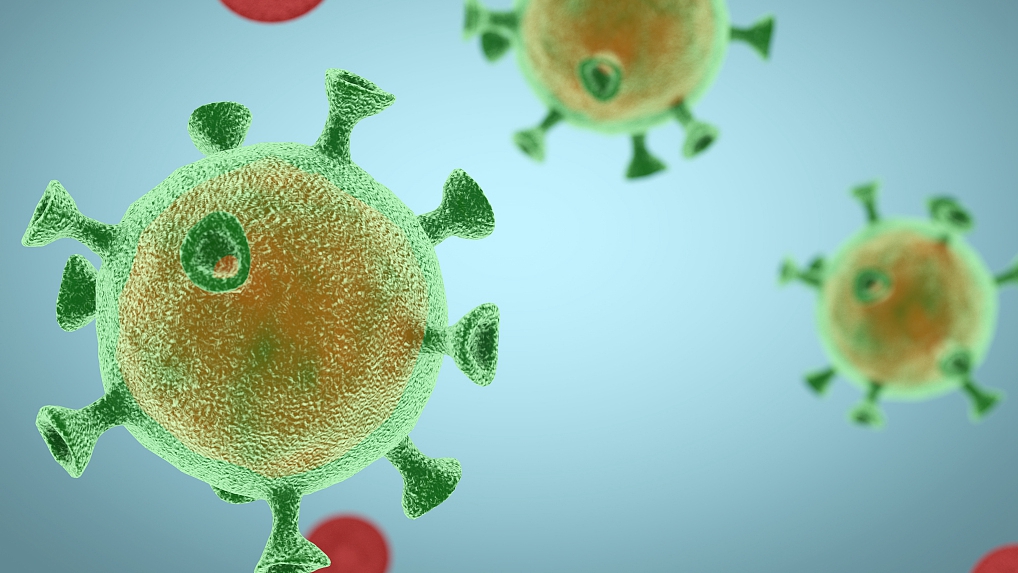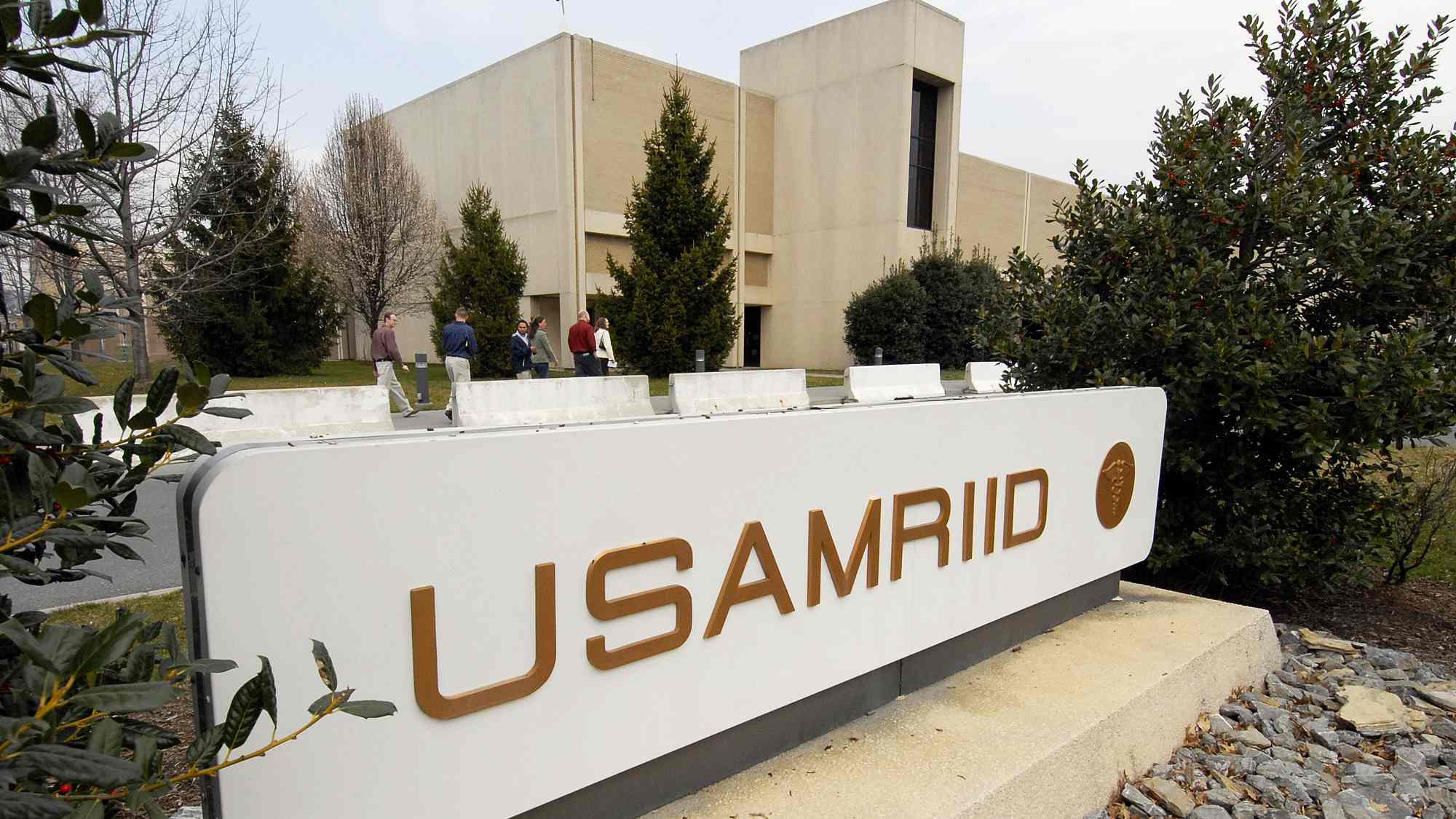
Editor's note: John Gong is a professor at the University of International Business and Economics and a research fellow at the Academy of China Open Economy Studies at UIBE. The article reflects the author's views and not necessarily those of CGTN.
The Sino-U.S. dispute on Ukraine was raised up a notch by Washington's recent accusation that Beijing toes the line of Moscow's propaganda messaging. On May 2, the U.S. Department of State issued on its website a statement entitled "People's Republic of China Efforts to Amplify the Kremlin's Voice on Ukraine", claiming that Chinese officials and media "routinely amplify Kremlin propaganda, conspiracy theories, and disinformation" on the Ukraine issue.
To be fair, there is plenty of disinformation in the Western media regarding China's allegedly arms sales to Russia and China's prior realization of Vladimir Putin's war plan before the Beijing 2022 Olympic Winter Games. Many questionable reports came from citing anonymous sources of alleged senior White House officials. However, it's all fake news.
The so-called disinformation on China's part is most associated with allegations of U.S. funded and controlled biological laboratories in Ukraine engaged in the development of biological weapons, which was a theory first proposed by Russia. Although such "conspiratorial" allegations have invoked heated discussion on China's social media, there is no official statement from the Chinese government that has explicitly said so, including statements from the Ministry of Foreign Affairs' spokespersons.
But that doesn't mean that the concern of potential unscrupulous activities should be blindly brushed aside. It is indeed an undeniable fact that Washington, specifically the Department of Defense, has funded biological research at several Ukraine laboratories for many years. The total amount involved over the years reportedly exceeds $200 million, which has been spent purportedly to support these Soviet Union laboratories so as to prevent terrorist groups from accessing dangerous biological materials there.
One contract signed by the Pentagon with a biological lab in Ukraine remains available online. It does raise some troubling questions. For example, aside from the clauses in the contract pertaining to prevention measures against leaking materials to terrorists, there is indeed a clause that says the Ukraine party would conduct biological research at the Pentagon requests. What type of research is that? Why would the Pentagon fund biological research in a foreign country in a program that is supposed to prevent the proliferation of dangerous biological materials to terrorists? These are troubling questions that warrant legitimate concerns.

The U.S. Army Medical Research Institute of Infectious Diseases at Fort Detrick, Maryland, the U.S. /CFP
The U.S. Army Medical Research Institute of Infectious Diseases at Fort Detrick, Maryland, the U.S. /CFP
What is even more troubling is the congressional testimony on March 8 in the U.S. Senate by Victoria Nuland, the Undersecretary of State for Political Affairs. Here is the extraordinary exchange that Senator Marco Rubio likely regretted for his foolish blunder:
Marco Rubio: Does Ukraine have chemical or biological weapons?
Victoria Nuland: Ukraine has biological research facilities, which, in fact, we are now quite concerned Russian forces may be seeking to gain control of.
So Nuland basically dodged answering Rubio's question directly, knowing full well that lying to Congress would be a felony that could land her in jail for many years. She could have simply provided a resounding, decisive "no" answer, but she didn't. That's suspicious behavior on her part.
Now it needs to be pointed out that the difference between some biological research, especially the type of gain-of-function research, and biological weapon research is not all that clear, and sometimes their boundaries are shrouded in secrecy under the name of national security.
A good example regards the Anthrax attack in the U.S. in 2001, a few weeks after the 911 attack. Several anthrax powder tainted letters were delivered to a few noted celebrities, including NBC's news anchor Tom Brokaw. Five people died and seventeen others were infected after inhaling the anthrax.
The U.S. public and then President George W. Bush were quick to jump to suspicions of bioterrorism from the Middle East. Yet a thorough FBI investigation lasting eight years found Bruce E. Ivins, a scientist working at the U.S. Army Medical Research Institute of Infectious Diseases (USAMRIID) was responsible for all of this. He committed suicide in July 2008.
Did the USAMRIID develop biological weapons? Absolutely no! Did a biological weapon once indeed come from the USAMRIID? Absolutely yes!
(If you want to contribute and have specific expertise, please contact us at opinions@cgtn.com. Follow @thouse_opinions on Twitter to discover the latest commentaries in the CGTN Opinion Section.)

